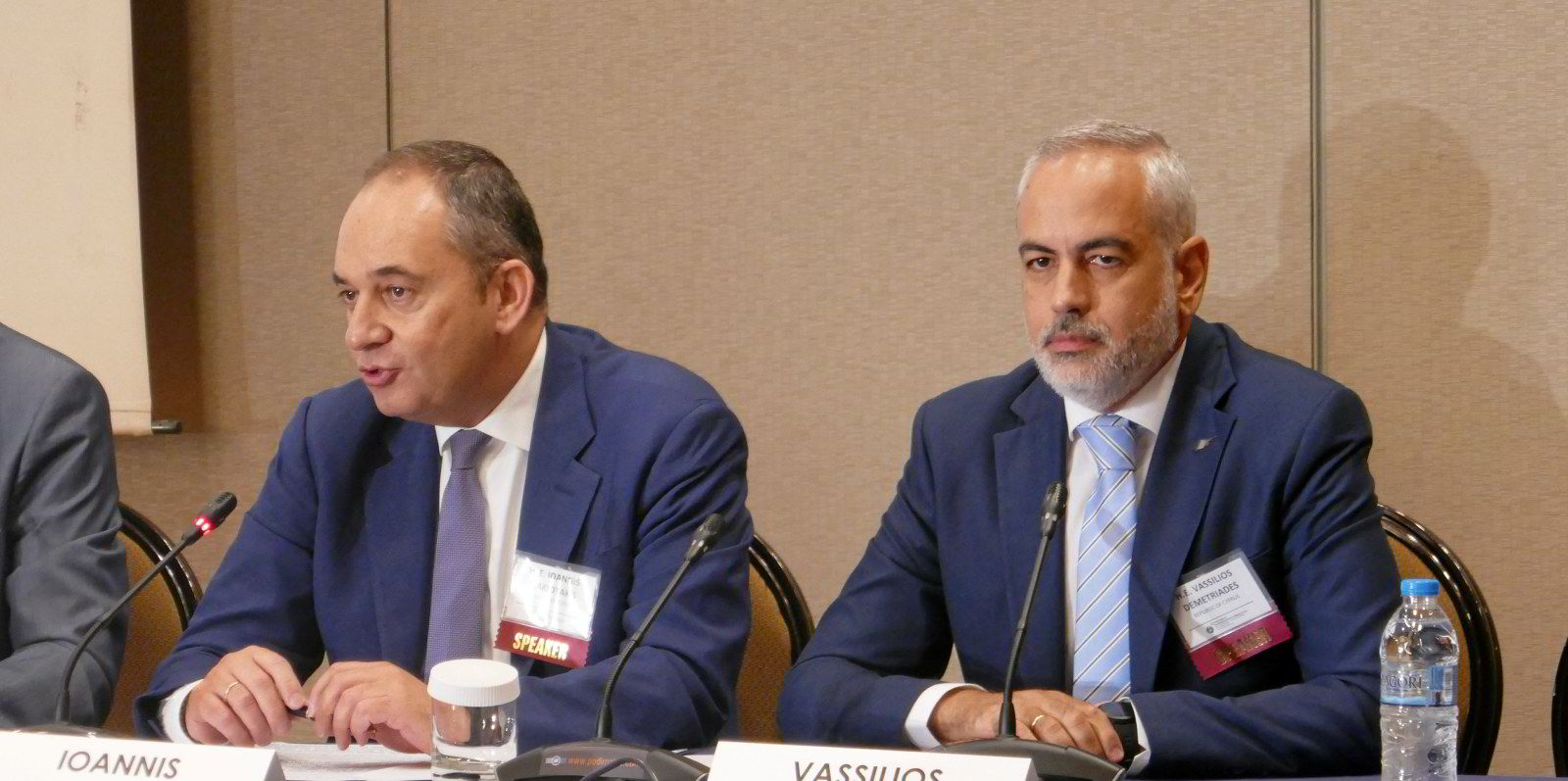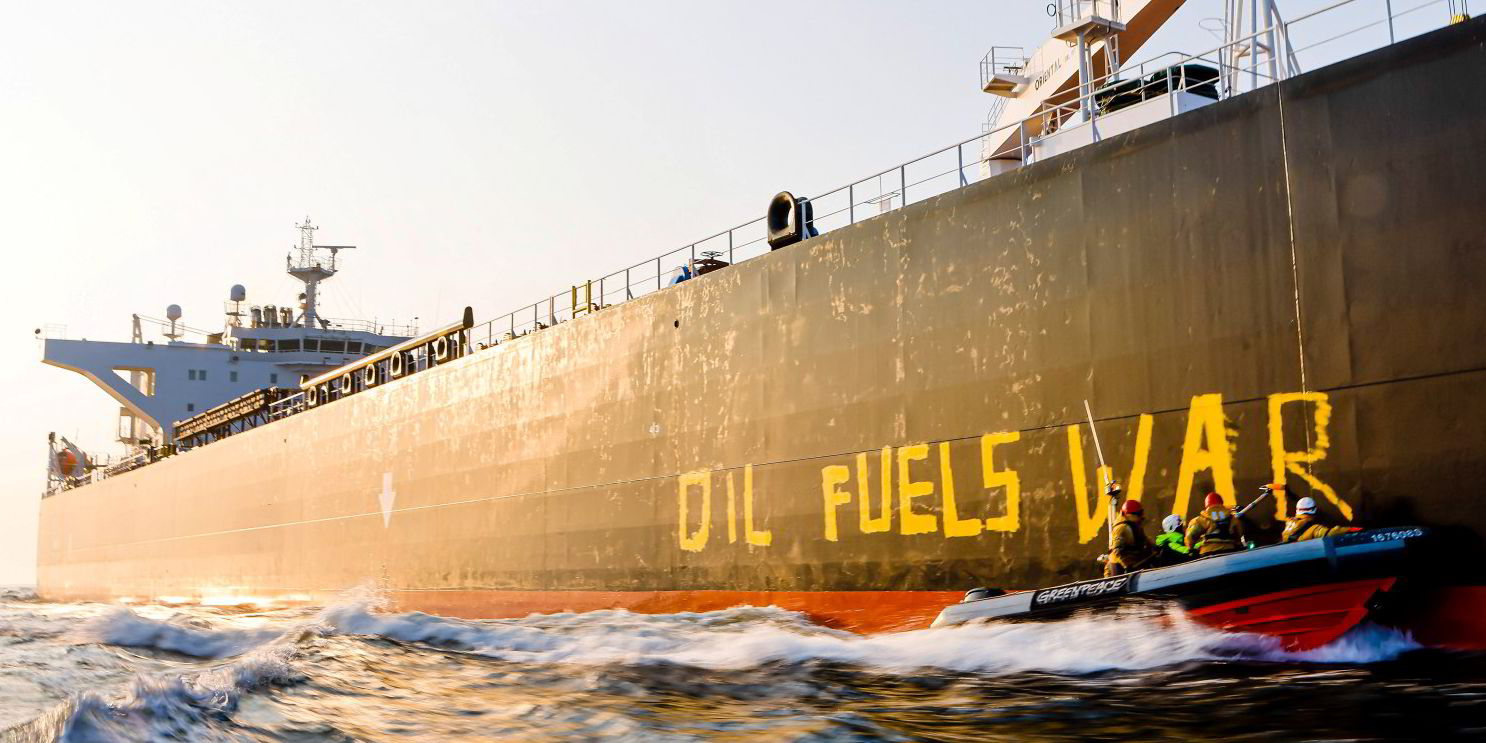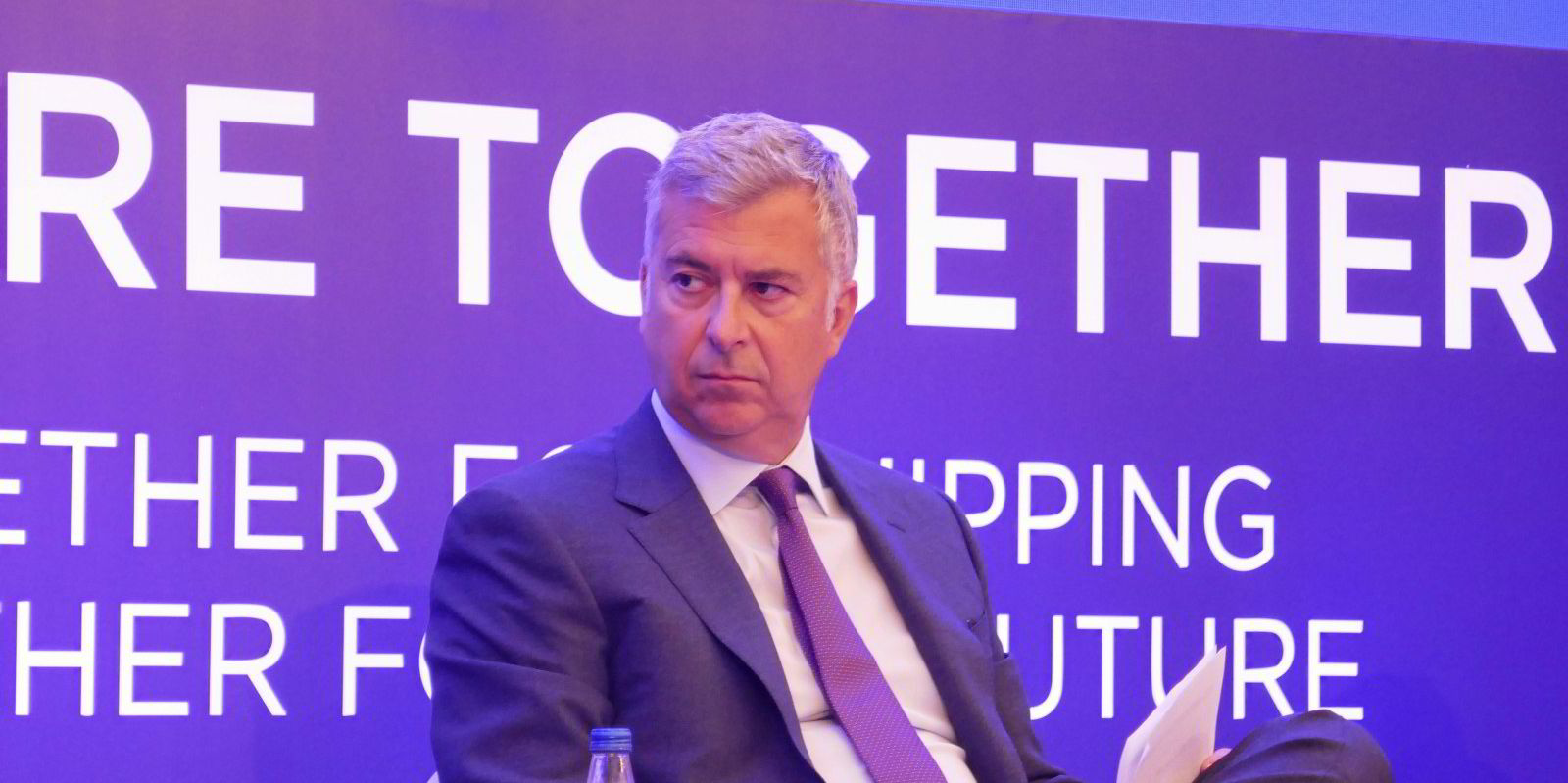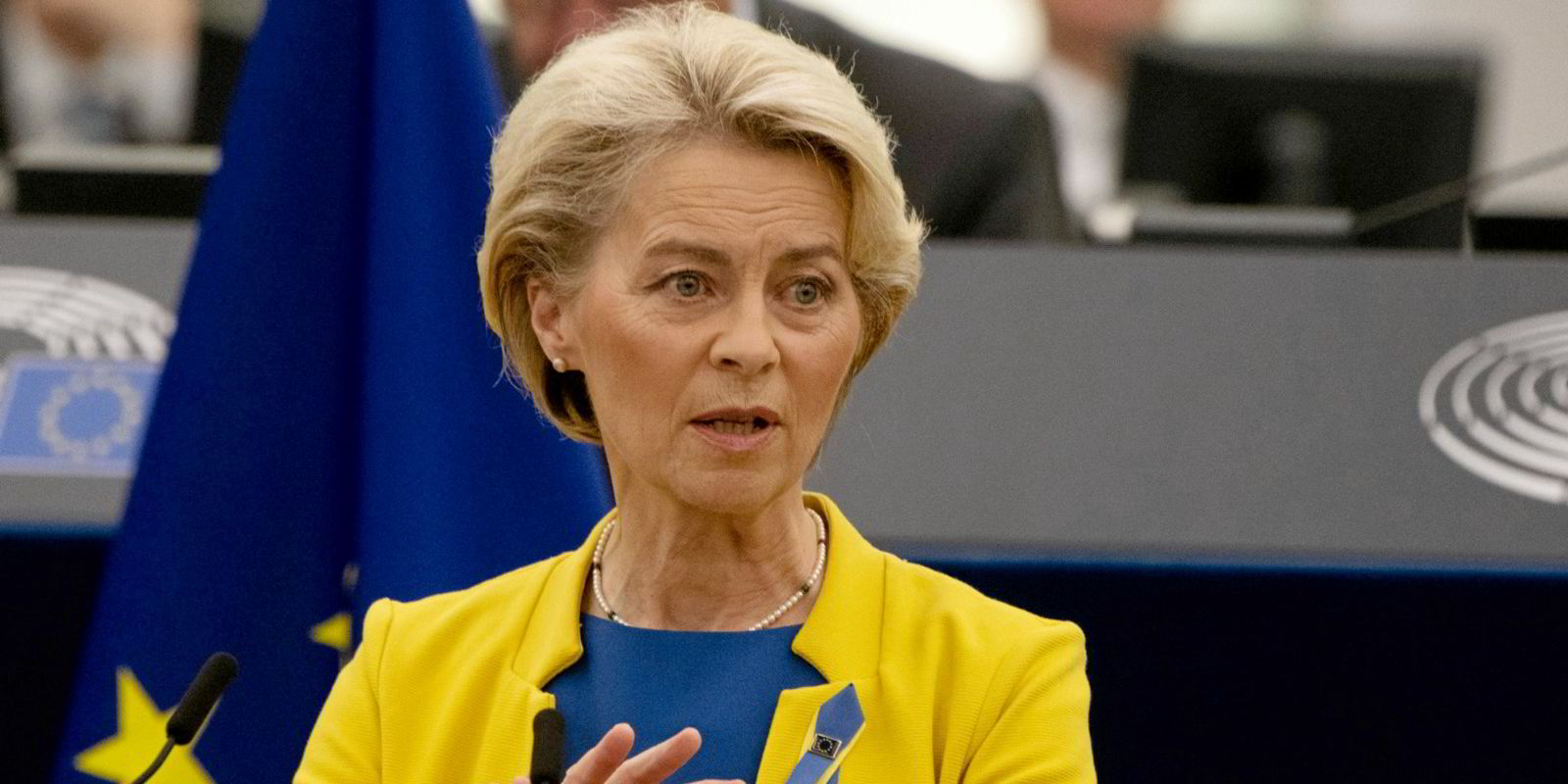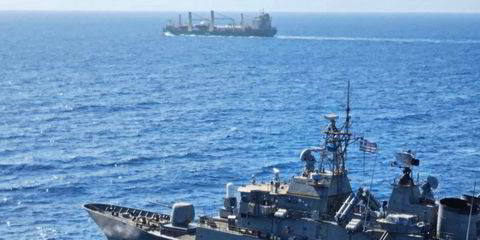Maritime heavyweight Greece has urged fellow European Union (EU) policymakers to avoid putting undue strain on shipping in connection with a planned price cap on Russian oil.
“The design of the scheme and also its… implementation must take into account the particularities of how shipping operates,” Greek shipping minister Yiannis Plakiotakis told a Capital Link conference in Athens.
“Both the US and the EU should, in any case, consult the maritime nations that have great expertise on all these subjects,” Plakiotakis added, referring to his own country and EU peers Cyprus and Malta.
Vassilios Demetriades, the Cyprus deputy minister in charge of shipping, was beating the same drum.
“It’s very important to have sanctions that can be uniformly applied, effective and preserve the level laying field in order to maintain the competitiveness of EU shipping,” he told the same panel in Athens.
The EU shouldn’t put itself in a situation in which its owners are “pushed to flag out of EU registries and continue to trade with Russia,” Demetriades said, adding:
“It’s very important to have sanctions that can be uniformly applied, effective and preserve the level playing field in order to maintain the competitiveness of EU shipping”.
The G7 group of the world’s largest western economies have supported a plan to cap the price of oil coming out of Russia, in order to crimp Moscow’s income and its capacity to finance its invasion of Ukraine.
Rampant paranoia?
US officials said earlier in the month that shipowners acting in “good faith” and vetting their counterparties will have nothing to worry about from any such cap scheme.
Such assurances, however, fail to convince some shipping players.
John Platsidakis, honorary chairman of bulker owner association Intercargo, told conference participants that there is no way for shipowners to know how much their clients have paid for the cargo — especially if the latter has changed hands several times over.
“If this isn’t paranoia, then what is?,” asked Platsidakis.
Earlier in the month other shipping players from Greece and the US expressed similar criticism, saying the planned cap wouldn’t work simply because oil cargo owners will provide fake price attestations.
Shipping heavyweights Greece, Malta and Cyprus should communicate their shipping knowledge to EU peers, Plakiotakis and Demetriades agreed on Thursday.
The three countries have already been successful in softening the impact some of the sanctions would have against the ship owners and ship managers residing in them.
This particularly applies to proposals earlier this year that EU entities should be barred from carrying Russian commodities, such as oil, coal and agricultural products, to third countries that have imposed no sanctions on Russia.
The European Commission, the EU body in charge of drafting and executing EU policy, has accepted in recent statements that such bans would put the food and energy security of third countries at risk.
The EU, however, has started winding down the import of such commodities into its own territory. EU companies will also be prohibited from insuring or reinsuring Russian oil transports to third countries.
